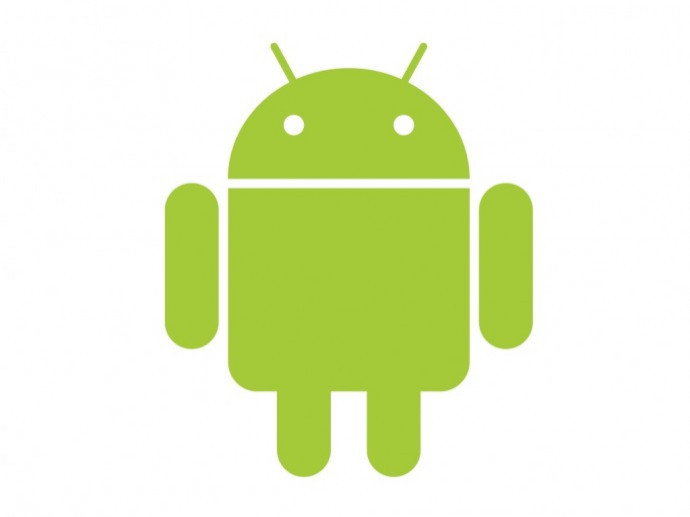Android Smartphone Goes To Space

Researchers at the University of Surrey and Surrey Satellite Technology Limited (SSTL) have developed 'STRaND-1', a satellite containing a smart phone payload that will be launched into orbit around the Earth later this year.
The phone is expected to run on Google's Android operating system, though the exact model has not yet been disclosed.
STRaND-1 (Surrey Training, Research and Nanosatellite Demonstrator) is being developed to see whether a smartphone could be used to control a satellite. The STRaND-1 will also demonstrate the advanced capabilities of a satellite built quickly using advanced commercial off-the-shelf components.
Smartphones pack lots of components - such as sensors, video cameras, GPS systems and Wi-Fi radios - that are technologically advanced but a fraction of the size, weight and cost of components used in existing satellite systems, STRaND-1's lead researcher Chris Bridges said in a statement.
And because many smartphones also run on free operating systems that lend themselves to online software developers, the creators of applications ('apps') for smartphones could feasibly develop apps for satellites, Bridges said.
Once the phone is blasted into the space, a powerful computer will test the vital statistics of the phone. The computer will also check which components of the phone are operating normally and when components malfunction in orbit for recovery.
Images and messages from the phone will be sent to Earth through a radio system. Once all the tests are complete, the micro computer will be switched off and the smartphone will be used to operate parts of the satellite.
If a smartphone can be proved to work in space, it opens up lots of new technologies to a multitude of people and companies for space who usually can't afford it. It's a real game-changer for the industry, Bridges added.
The 4 kilogram nano-satellite includes a smartphone avionics suite, advanced guidance, navigation and control systems. The satellite also has miniature reaction wheels, a GPS receiver, as well as innovative pulse plasma thrusters to propel it through space.
The smartphone payload costs less than £300 and the whole satellite costing less than a family car, SSTL's Shaun Kenyon, Project Manager for STRaND-1 said.
© Copyright IBTimes 2024. All rights reserved.





















